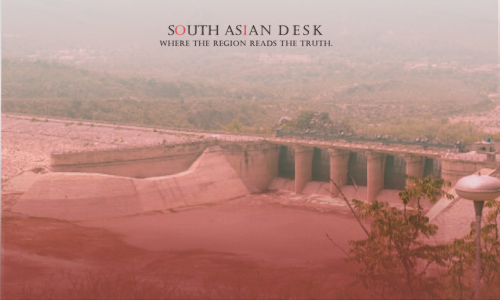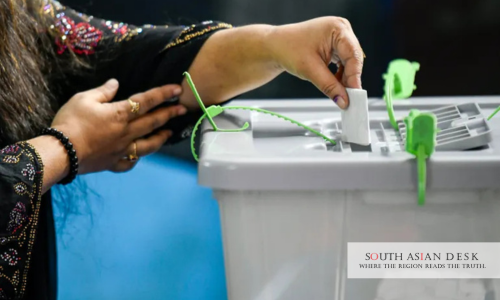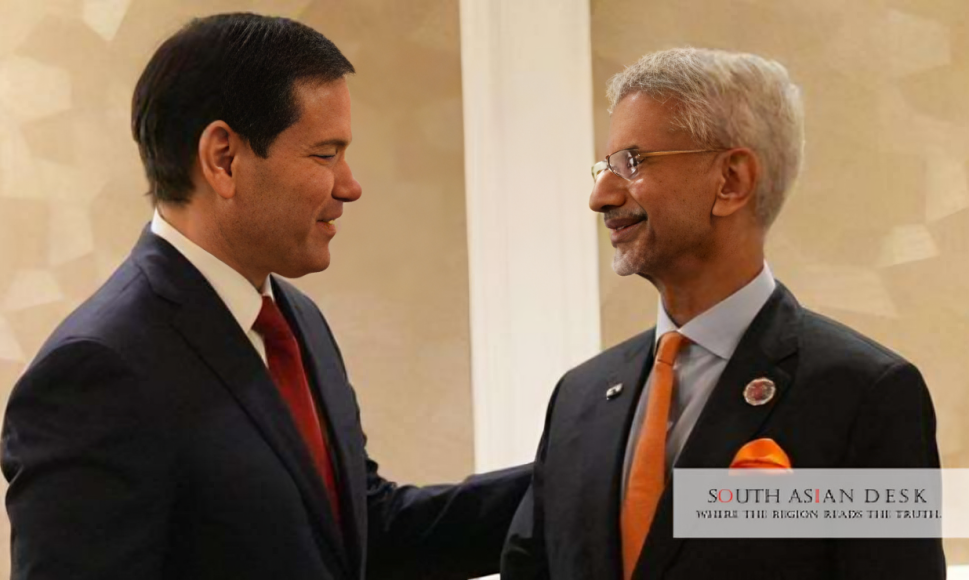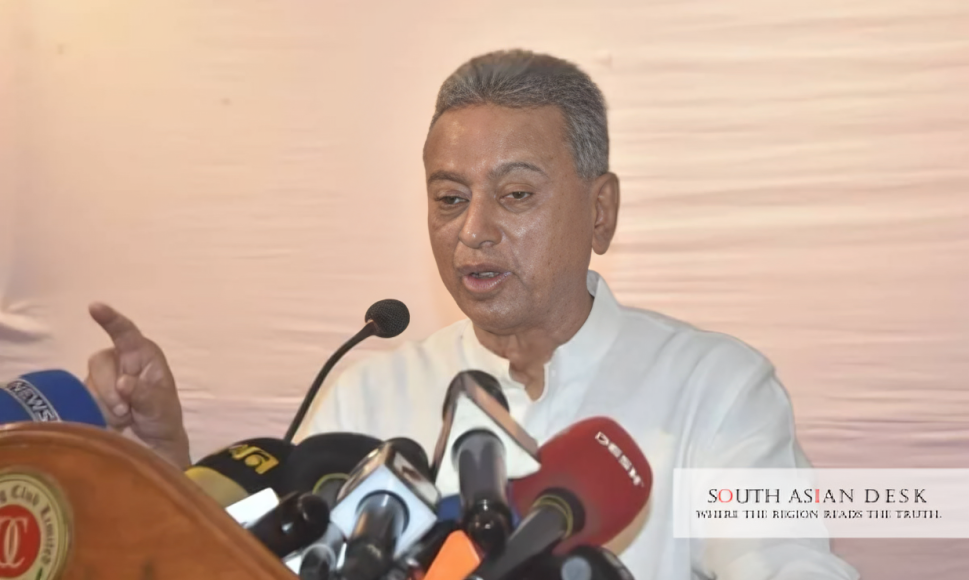India has announced it will not reinstate the Indus Water Treaty with Pakistan, a decision that marks a significant escalation in bilateral tensions. The treaty, signed in 1960, governs the sharing of the Indus River system’s six rivers—Indus, Jhelum, Chenab, Ravi, Beas, and Sutlej—between the two nations. The agreement allocates the western rivers (Indus, Jhelum, Chenab) primarily to Pakistan for agricultural and water needs, while India controls the eastern rivers (Ravi, Beas, Sutlej).
The suspension, initiated after a terror attack in Pahalgam on April 22, 2025, which killed 26 people, reflects India’s stance that Pakistan’s alleged support for cross-border terrorism violates the treaty’s principles. Indian Home Minister Amit Shah stated that water previously flowing to Pakistan will now be redirected to Indian states, such as Rajasthan, Punjab, and Haryana, through a proposed 113-km canal linking the Chenab with the Ravi-Beas-Sutlej system. This project aims to optimize India’s share of the western rivers, with completion targeted within three years to bolster irrigation and water supply in regions like Sri Ganganagar.
Pakistan has condemned the move, labelling it a “red line” and warning of severe consequences, including potential legal challenges or escalation. Pakistani officials, including Prime Minister Shehbaz Sharif and PPP Chairman Bilawal Bhutto Zardari, argue that the Indus River system is critical, sustaining 80% of Pakistan’s irrigated land and supporting millions of livelihoods. Recent reports indicate Pakistan’s dams, such as Mangla and Tarbela, are at critically low levels, exacerbating water scarcity as the kharif season begins.
India maintains that suspending the treaty is within its legal rights, citing the need to prioritize national interests and address modern challenges like climate change and glacial melt. Posts on X reflect polarized sentiments: some Indian users support the decision as a response to security concerns, while Pakistani voices express alarm over the humanitarian and agricultural impacts. The treaty, which endured multiple conflicts over six decades, now faces an uncertain future, with India rejecting Pakistan’s repeated calls for dialogue until terrorism concerns are addressed.
This development signals a broader shift in India’s water diplomacy, with plans to maximize domestic water use through infrastructure projects like the Ujh multipurpose project in Jammu and Kashmir. As tensions persist, the international community watches closely, given the treaty’s historical role in maintaining stability in the region.
Published in SouthAsianDesk, June 21st, 2025
Follow SouthAsianDesk on X, Instagram and Facebook for insights on business and current affairs from across South Asia.






